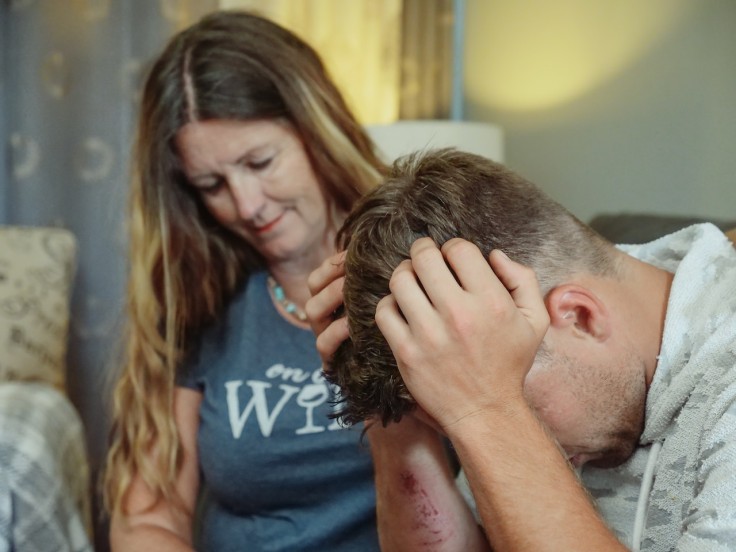
Suicide can be contagious for teenagers. Thus, with the surge of mental health emergencies and pediatric emergency room visits for suicide attempts, suicidal ideation, and self-harm, this can be alarming.
According to a recent study from the University of Calgary, the rate of mental health emergencies among young adults and pediatric emergency room visits for self-harm, suicidal ideation, and suicide attempts during the first year of the COVID-19 pandemic has intensified.
However, the Centers for Disease Control and Prevention (CDC) stressed that suicide rates have risen even during the pre-pandemic. From 2009 to 2019, the suicide rates among preteens in America surged by more than 40 percent.
Further, as per CDC's 2021 Youth Behavior Risk Survey, high levels of hopelessness were discovered in all ages and demographics. The data showed that 33 percent of teenage girls and 14 percent of teenage boys have considered suicide "seriously."
Teens vulnerable to contagion
"[This] crisis has been growing for many, many years. Add to the social isolation, grief, and lack of structure an overwhelming sense of uncertainty, and you have a perfect recipe for declining mental health," noted Dr. Neha Chaudhary, child and adolescent psychiatrist at Massachusetts General Hospital and Chief Medical Officer at BeMe Health.
All these data coming together pose a serious concern for teenagers and their families.
In a 2016 study, "Is Exposure to Suicide Beyond Kin Associated with Risk for Suicidal Behavior?," published at the National Library of Medicine, teenagers exposed to a friend or family member who died of suicide were reported to have a "significantly higher risk" of committing suicide as compared to those who were not.
Moreover, associate professor of sociology at the University of British Columbia Seth Abrutyn, Ph.D., who studied youth suicide contagion, emphasized that teenagers are specifically vulnerable to contagion due to constant exposure to their peers in school and via social media. At this age, they see their peers as either their "idols" or role models and, thus, are highly likely to be influenced by them. And, when these peers, who they look up to, commit suicide, it can be alarming, bringing adverse effects on the development of their sense of identity.
It is more upsetting when they see a peer commit or attempt suicide and acknowledge the act as something "normal," according to research from the Journal of Health and Social Behavior.
The American Sociological Association further stated that teenage girls could be more vulnerable to contagion than boys.
Parents need to "step in"
Abrutyn gives a warning to parents, saying that if they do not step in to help these teenagers, who were exposed to their peers or family members' suicidal attempts or deaths, "make sense of the trauma" in the appropriate and healthy ways, wrong stories and misinformation about suicide may spread, and these young adults may believe them easily.
ABC News talked to experts and gathered tips on how parents can effectively step in and lower the risk of their teenager's suicidal attempts or ideation.
1. Talk about suicide with the children.
Experts want to emphasize that talking about suicide is not naturally harmful. Abrutyn stated that the idea that when suicide is talked about, suicide is committed has no basis but only creates stigma and hinders seeking help.
Parents should discuss suicide with their teenagers, but they have to frame it thoughtfully so that it is a disease that can actually be treated or stopped, Chaudhary stated.
2. Ask whether they had any suicidal thoughts.
Parents should know that it is okay to ask. It is better to ask and know how they can help than not ask about it because of fear or shame and regret it in the future.
If the children respond with a yes, parents need to comfort them by validating their sadness and reassuring them that they are with them every step of healing. Emphasize that suicide is never the solution but will only worsen feelings and problems.
3. Encourage children to be physically active.
Exercise can protect kids and teens from suicidal attempts or thoughts, research stated. Another study showed that five or more hours of physical activity a week lessen the risk of suicidal ideation among college students.
Related article : Teen Suicide Is Contagious; Signs and Causes to Watch For